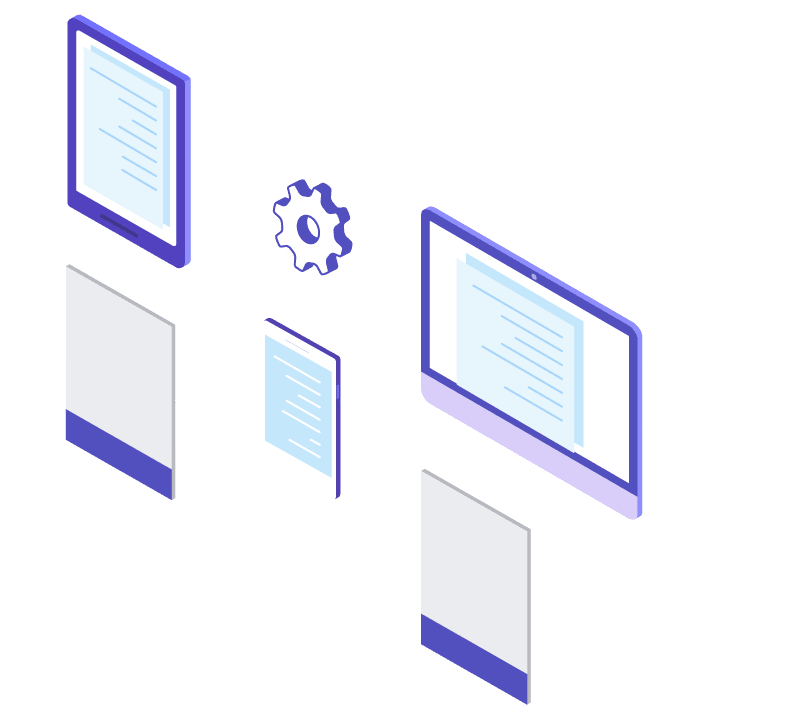Practitioners Level Preparation for the IREB CPRE Advanced Level certification exam
A 3-day course designed to advance participants’ knowledge in requirements management, preparing them for the IREB CPRE Advanced Level Requirements Management certification. The training alternates between theoretical content and practical exercises, ensuring participants gain hands-on experience in handling requirements throughout the project lifecycle.
IREB (International Requirements Engineering Board) is the globally recognized authority in requirements engineering certification. The CPRE (Certified Professional for Requirements Engineering) program sets the standard for professionals seeking to improve requirements engineering practices.
The CPRE certification pathway is structured across three levels:
- Foundation Level: Covers the fundamentals of requirements engineering.
- Advanced Level: Focuses on specialized areas, including Requirements Management, Elicitation, and Modeling.
- Expert Level: Recognizes professionals with extensive experience and knowledge in requirements engineering.
This course equips participants with the knowledge and tools needed to improve requirements management practices, align requirements with stakeholder needs, and ensure successful project execution. Participants will also be prepared to take the IREB CPRE Advanced Level Requirements Management certification exam.

Goals
After completing the IREB Practitioner course, participants will:
- Gain a comprehensive understanding of requirements management and its role in system development.
- Develop valuable tools and techniques to improve their own requirements management practices.
- Be able to consistently manage requirements to meet stakeholder expectations throughout the project lifecycle.
- Have the opportunity to take the IREB CPRE Advanced Level Requirements Management certification exam.
Description
Requirements management is one of four key pillars in effective requirements engineering, alongside requirements elicitation, validation, and documentation. This process involves managing stakeholder needs, breaking down requirements, tracing them, and handling them over time, from start to finish. Effective requirements management ensures that the system development aligns with stakeholder expectations and facilitates maintenance throughout the system’s lifecycle.
Pre-Requirements / Who should attend
The course is suitable for individuals seeking to deepen their knowledge in requirements management, including:
- System administrators
- Business analysts
- Requirements engineers
- Requirement owners
- IT system purchasers
- Test managers
- System developers
- Project managers
The course is also appropriate for those who have completed the IREB Foundation course and wish to advance their certification by taking a separate exam for the IREB Advanced Level Requirements Engineer certification.
Outline
- What does requirements management mean?
- Definition of role and duties
- Purpose of claims management
- Benefits of effective requirements management
- Requirements Management Plan
- Relevant standards
Information model
- Why create an information model?
- How to create your information model
Create attributes and views of requirements
- Purpose of requirement attributes
- Create a schema for their requirement attributes
- Using requirement attributes
- Create views of requirements
- Optimize your requirements work
Evaluate and prioritize your requirements work
- Principles for requirements evaluation
- Principles for requirements prioritization
- Common prioritization techniques
Manage versions and changes to requirements
- How to create versions of requirements
- Configuration and reference point (baseline)
- Requirements change management
- Analysis of amendments
- Change management process
Traceability
- Why track requirements?
- What does requirements tracking mean?
- Different types of tracking; needs-requirements-solution
- Traceability views
- Requirements tracking strategy
- The challenge of tracing to requirements models
Requirements variant management
- Why create requirement variants?
- Ability models
Reporting
- Why report status and progress?
- Key figures in requirements management
Requirements management as a process
- The components of requirements work
- Various aspects for an effective claims process
- Monitor and improve the requirements process
Requirements Management in an Agile Context
- How to manage requirements in an Agile project
- Adapt the requirements process to Scrum
IT tools for requirements management
- Why is IT support needed?
- How to choose tools
- Data exchange between tools
Practice exam
- How does the IREB certification exam work?
Schedule
Duration: 3 days
Timetable: from 9am to 5pm (breakfast, lunch, and coffee breaks included)
Brochure

Lars Anderberg
Teacher
MSC, ESEP Application Consultant.
INCOSE-certified Expert Systems Engineering Professional with over 20 years of experience.
Specialized in integrating Systems Engineering and Requirements Management with public procurement processes. Experienced consultant and coach across 50+ development projects. Key developer of “Acquisition Studio” within The REUSE Company’s SES tool suite. Skilled educator with a strong background in training and tool development for Requirements Engineering.
For information about upcoming courses
Newsletter
Subscribe to our Emails

